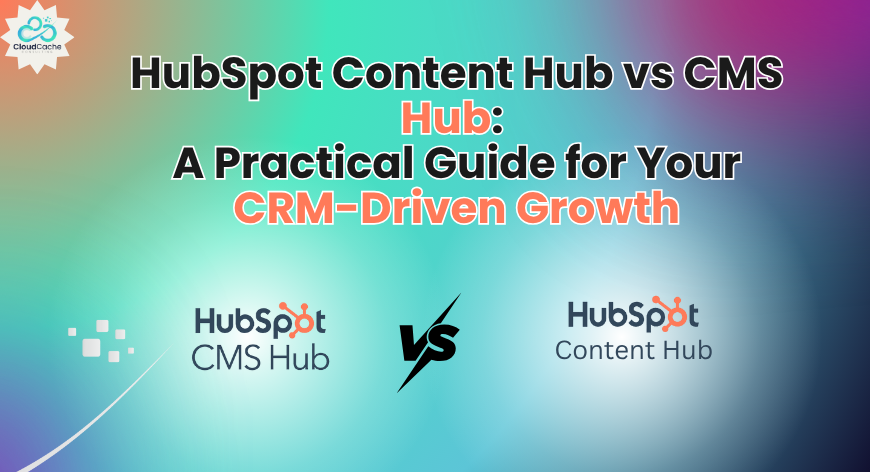
HubSpot Content Hub vs CMS Hub: A Practical Guide for Your CRM Driven Growth
The role of content in business has transformed. It’s no longer about publishing a few web pages or maintaining a company blog. Imagine a review meeting where marketing shows metrics that do not match sales realities. The team keeps producing assets, yet the pipeline stalls. Creative time vanishes in repetitive editing and repurposing.
To deal with such issues Hubspot has various products for content management. One product built pages. The other aims to orchestrate content across channels and connect every asset to measurable outcomes. It gave marketers ownership of digital experiences without depending entirely on developers.
In this section below, we break down the difference in plain consultant terms, point out where value appears, and describe when a business should remain with the CMS foundation or adopt the broader Content Hub.
HubSpot CMS Hub:
For marketing teams, it provides flexibility without compromising security. Marketing teams get visual editors and form handling. Developers get flexible templates and serverless functionality.
From a CRM perspective, CMS Hub connects website data directly with HubSpot’s CRM.
HubSpot Content Hub:
Content Hub adds an operational layer. It includes AI tools for drafting and repurposing, centralized asset libraries, translation workflows, and distribution tools for podcasts and video.
It has all the functionalities which cms hubs have. Its like extended version of CMS Hub.
Evolution
Over time, marketing needs to outgrow that setup. Businesses began managing podcasts, newsletters, videos, gated content, and social snippets — all of which lived outside the website. The traditional CMS model couldn’t support this multi-format, multi-channel demand.
This evolution led to the launch of HubSpot Content Hub. It includes everything from CMS Hub but adds a robust layer of AI capabilities, multi-channel content operations, brand voice management, and analytics. It isn’t just a website platform anymore. It’s an intelligent content system built to integrate with your CRM, your automation stack, and your entire revenue engine.
Why the shift matters now
The best teams treat content as a pipeline — not merely an output.
Content Hub arrives where a single CMS cannot cope. It centralizes creation, holds assets for reuse, and ties engagement signals back into the CRM. The result is clearer insight into what actually influences deals and retention.
Key Differences Between CMS Hub and Content Hub
Purpose
- CMS Hub focuses on the website.
- Content Hub treats content as an enterprise resource, covering multiple channels.
Creation
- CMS Hub requires manual composition and formatting.
- Content Hub offers generative tools and reuse workflows that accelerate output.
Personalization
- CMS Hub can personalize web pages using contact fields.
- Content Hub extends personalization across media types, creating consistent experiences beyond the browser.
Measurement.
- CMS Hub provides page and SEO metrics.
- Content Hub ties engagement to pipeline metrics, letting teams correlate content consumption with conversions and deal velocity.
Scale.
- CMS Hub handles single-site and localized demands well.
- Content Hub supports scaled operations: multilingual programs, membership content, and coordinated campaigns across teams.
Where real business value appears
Here are concrete ways Content Hub converts effort into measurable business gains.
- First, it reduces production overhead. A single source of truth for assets prevents repeated formatting and inconsistent messaging. Editorial teams stop duplicating work.
- Second, it improves relevance. When content behavior flows into CRM segments, campaigns can present contextually relevant follow-ups. This tight loop moves prospects more smoothly through the funnel.
- Third, it reveals attribution. With unified analytics, leaders can see which content types influence pipeline metrics, enabling better budget allocation.
- Finally, it enhances governance. Brand voice controls and approval workflows reduce legal and compliance friction for regulated industries.
When to keep CMS Hub
CMS Hub remains the prudent choice when needs are focused and predictable.
Choose CMS Hub if the organization primarily needs a performant website, a small editorial cadence, and limited multimedia demands. It keeps cost and operational complexity lower while delivering essential digital capabilities.
Be realistic: if content production is simple and the CRM integration needs are basic, the CMS foundation offers strong ROI without unnecessary bells and whistles.
When to adopt Content Hub
Consider Content Hub when content multiplies across formats, when several teams publish regularly, and when content outcomes must link to revenue metrics.
Technical and integration considerations
From a systems perspective, Content Hub preserves the stability of CMS Hub while adding integration endpoints for richer automation. Without these, even the best tooling produces noisy signals.
A phased rollout works best. Begin with the workflows that return immediate operational relief, such as content reuse and editorial approvals. Then expand to personalization rules and advanced analytics once the team is comfortable with the baseline.
Final words
Content should not be a matter of activity alone. It must be treated as a system that connects attention to business outcomes. When content operations are centralized, connected to CRM intelligence, and governed by clear processes, content becomes a repeatable engine of growth rather than a calendar of tasks.
HubSpot’s Content Hub answers that operational need. CMS Hub still provides a robust website foundation. The choice depends on whether the organization wants to maintain a strong presence or transform content into a scalable, measurable growth capability.
CloudCache Consulting is a trusted HubSpot Gold Partner, providing end-to-end HubSpot consulting services to help businesses grow, optimize their sales and marketing processes, and leverage the full power of the HubSpot ecosystem. With a strong focus on results-driven strategies, we guide organizations through CRM implementation, marketing automation, inbound marketing, and sales enablement.
You can also check our customers testimonial on Upwork, where we offer our expert HubSpot consulting services to businesses worldwide.
Content Hub vs CMS Hub: Quick Answers for Choosing the Right Platform
What is the difference between HubSpot Content Hub and CMS Hub?
HubSpot Content Hub is the modern evolution of CMS Hub. CMS Hub focuses on website creation and management, while Content Hub extends into AI-led content production, brand governance, and multi-channel distribution. CloudCache guides organizations in selecting the Hub that aligns with their CRM-driven marketing goals.
Why did HubSpot introduce Content Hub to replace CMS Hub?
HubSpot introduced Content Hub to unify website operations with today’s broader content lifecycle. It consolidates web, blog, video, and audio content within one CRM-powered system. CloudCache facilitates seamless transitions from CMS Hub to Content Hub without compromising SEO or performance data.
Is HubSpot CMS Hub still available?
Yes, CMS Hub remains fully supported. However, upcoming innovations will be centered on Content Hub. CloudCache assists businesses on CMS Hub in determining the right time to adopt Content Hub for long-term value and improved efficiency.
What new features does HubSpot Content Hub offer?
Key Content Hub features include:
- Content management with instant multi-format repurposing
- Brand Voice for consistent messaging
- AI Content Assistant for faster creation
- Unified Content Library for centralized asset control
CloudCache customizes these capabilities to match your content and CRM workflows.
Which Hub is better for CRM-driven growth — Content Hub or CMS Hub?
Content Hub is the stronger option for CRM-led growth. Its deep integration with HubSpot CRM enhances personalization, analytics, and automation.
CloudCache aligns these capabilities to connect content performance directly with customer engagement insights.
Does migrating from CMS Hub to Content Hub affect my website SEO?
Handled correctly, migration produces no negative SEO impact. CloudCache preserves your URLs, metadata, and structural elements while upgrading functionality, ensuring rankings remain stable throughout the transition.
How can CloudCache help my business choose between HubSpot Content Hub and CMS Hub?
CloudCache provides strategic consultation and complete implementation support. We assist you in:
- Assessing your current content and CMS setup
- Comparing pricing and feature tiers
- Planning a seamless migration or integration
- Aligning CRM data with content performance metrics
What are the pricing differences between Content Hub and CMS Hub?
Content Hub is positioned as a premium solution with advanced AI and multi-channel capabilities, reflected in its higher pricing.
CloudCache offers tailored pricing guidance to help you select the most cost-effective HubSpot plan for your business objectives.
Can I use both Content Hub and CMS Hub together?
There is no need to use both, as Content Hub includes all CMS Hub functionality.
During transitions, CloudCache manages both systems concurrently to maintain data continuity and operational stability.
Why should I partner with CloudCache for HubSpot implementation?
CloudCache delivers specialized CRM integration, HubSpot deployment, and automation expertise.
We implement a unified ecosystem that connects Content Hub, CMS Hub, and your CRM, strengthening digital operations and accelerating marketing-led growth.

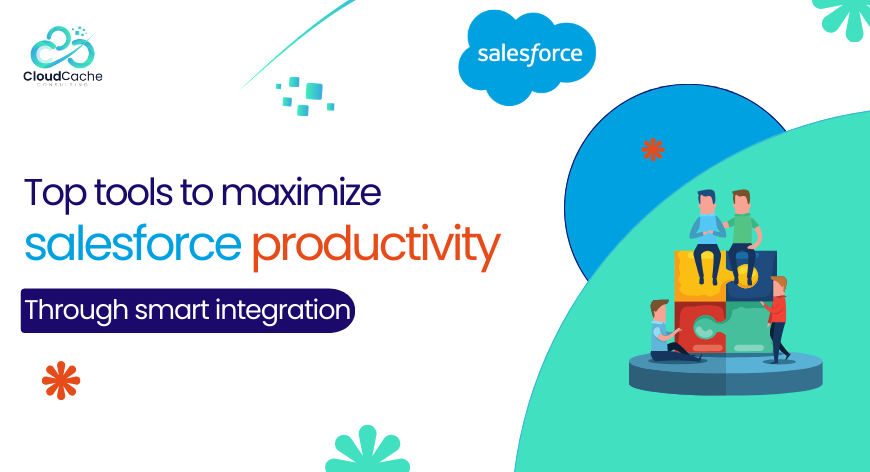
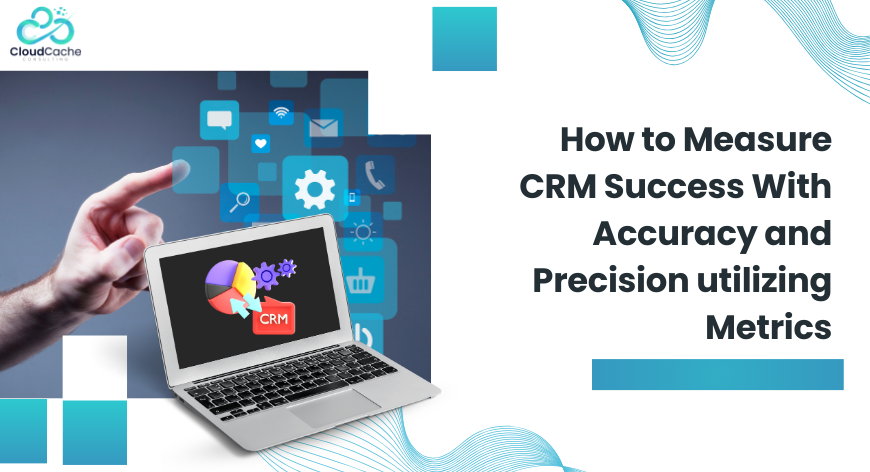
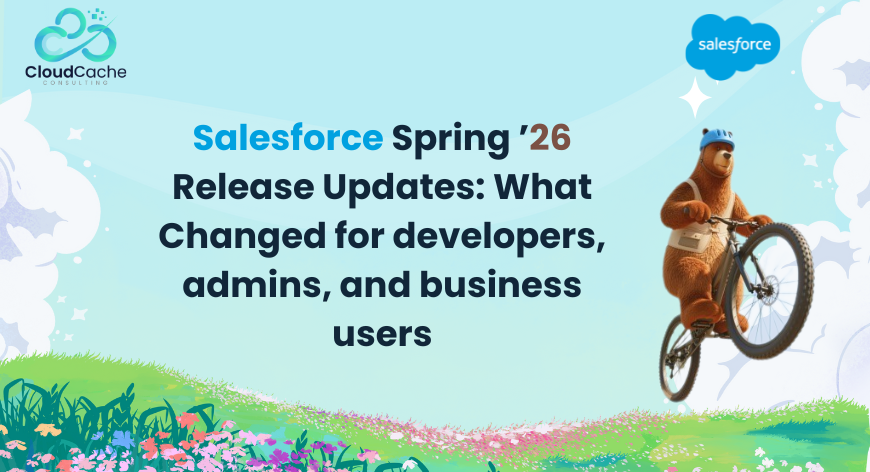





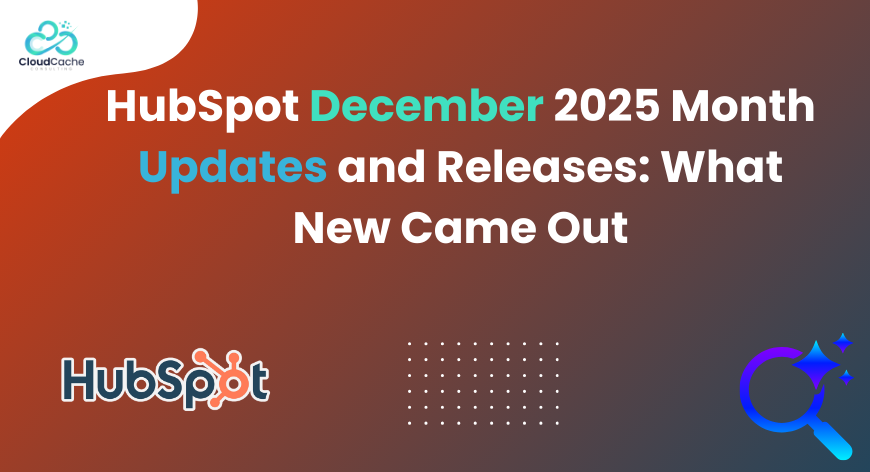

Leave a Reply
Your email address will not be published.